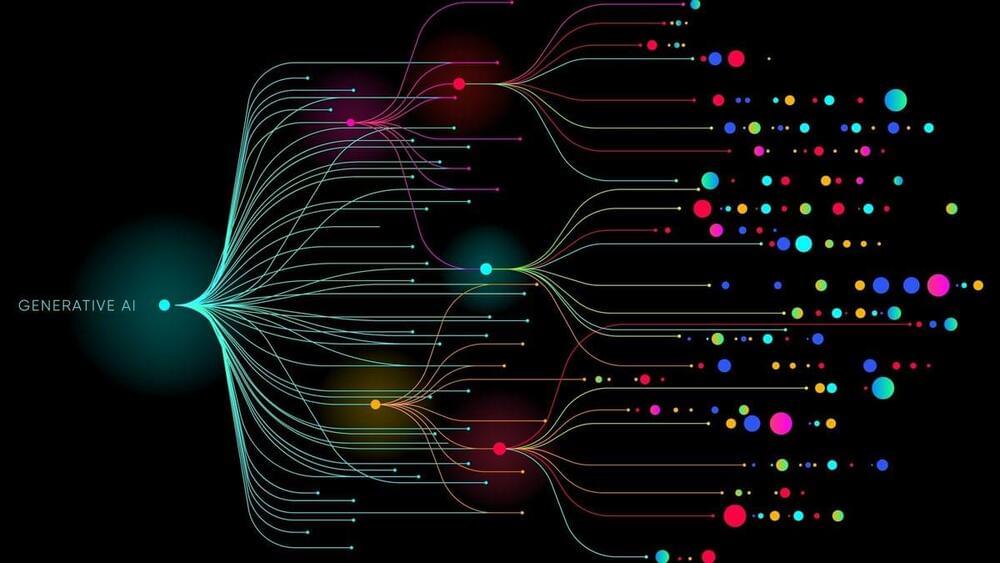The product is part of a burgeoning AI industry centered on “grief tech.”



These advancements in AI technologies are happening in China despite the stringent measures that the U.S. is placing against its technological ambitions. The bans and embargoes on high-end chips Washington has placed on Beijing meant that Chinese companies have difficulty sourcing Nvidia’s latest, most potent AI processors. While China is hard at work trying to catch up on the hardware side of things, many experts believe it’s still at least a decade away from achieving parity with the United States.
It’s evident, though, that Chinese tech firms can catch up on the software side despite the hardware bans. Nevertheless, the White House wants to change that with a bill in the U.S. Congress that would give the American government more control over limiting the export of American AI code. Some parties are trying to limit the development of open-source AI tech to stop Chinese companies from using it, but doing so might do more harm than good for the U.S.
Clément Delangue, the CEO of Hugging Face, a firm that lets its users share its open-source AI projects, said, “Open-source AI is the foundation of AI development,” referring to how the collaboration of researchers and organizations in the U.S. allowed it to become the world leader in AI, “and it looks like China could do the same thing.”

In this article, Roman Ponomarenko, sound designer and composer with 20+ years of professional experience, explores the transformative potential of AI in sound design and what this means for the future of music.
Artificial intelligence (AI) is already making significant progress in music and sound design. However, will the sophisticated AI of the future eventually replace human professionals in these fields? Navigating such a complex issue proves to be quite challenging, as AI brings forth a mix of exciting opportunities and daunting challenges.

Recent advancements in AI and robotics have led to significant breakthroughs, including a robot with a brain-on-a-chip in China and Skild AI’s development of a universal robot brain for complex tasks. Meanwhile, Zen Technologies in India has introduced Prahasta, a four-legged robot equipped with advanced LIDAR and AI for defense purposes, capable of navigating difficult terrains and carrying heavy loads. These innovations highlight the rapid evolution of robotics technology, blending artificial intelligence with physical capabilities in unprecedented ways, poised to transform industrial, defense, and healthcare sectors.
#ai #robot
Brighter with Herbert.
Popular and powerful AI tools► AI generated video➜https://bit.ly/MEandGPT►AI generated pictures➜https://bit.ly/PMEandGPT► AI dubbing➜https://bit.ly/MMEandGPT

The technology not only aids in robot survival, it enables dynamic shape-change.

Geneformer is a recently introduced and powerful AI model that learns gene network dynamics and interactions using transfer learning from vast single-cell transcriptome data. This tool enables researchers to make accurate predictions about gene behavior and disease mechanisms even with limited data, accelerating drug target discovery and advancing understanding of complex genetic networks in various biological contexts.
Developed by researchers at the Broad Institute of MIT and Harvard and their collaborators, the AI model Geneformer uses the highest-expressed genes in sc-RNA expression data to generate a dense representation of each cell, which can be used as features for various downstream predictive tasks. What makes Geneformer unique, however, are the capabilities its architecture enables, even when trained on very little data.
Geneformer has a BERT-like transformer architecture and was pre-trained on data from about 30M single-cell transcriptomes across various human tissues. Its attention mechanism enables it to focus on the most relevant parts of the input data. With this context-aware approach, the model can make predictions by considering relationships and dependencies between genes.